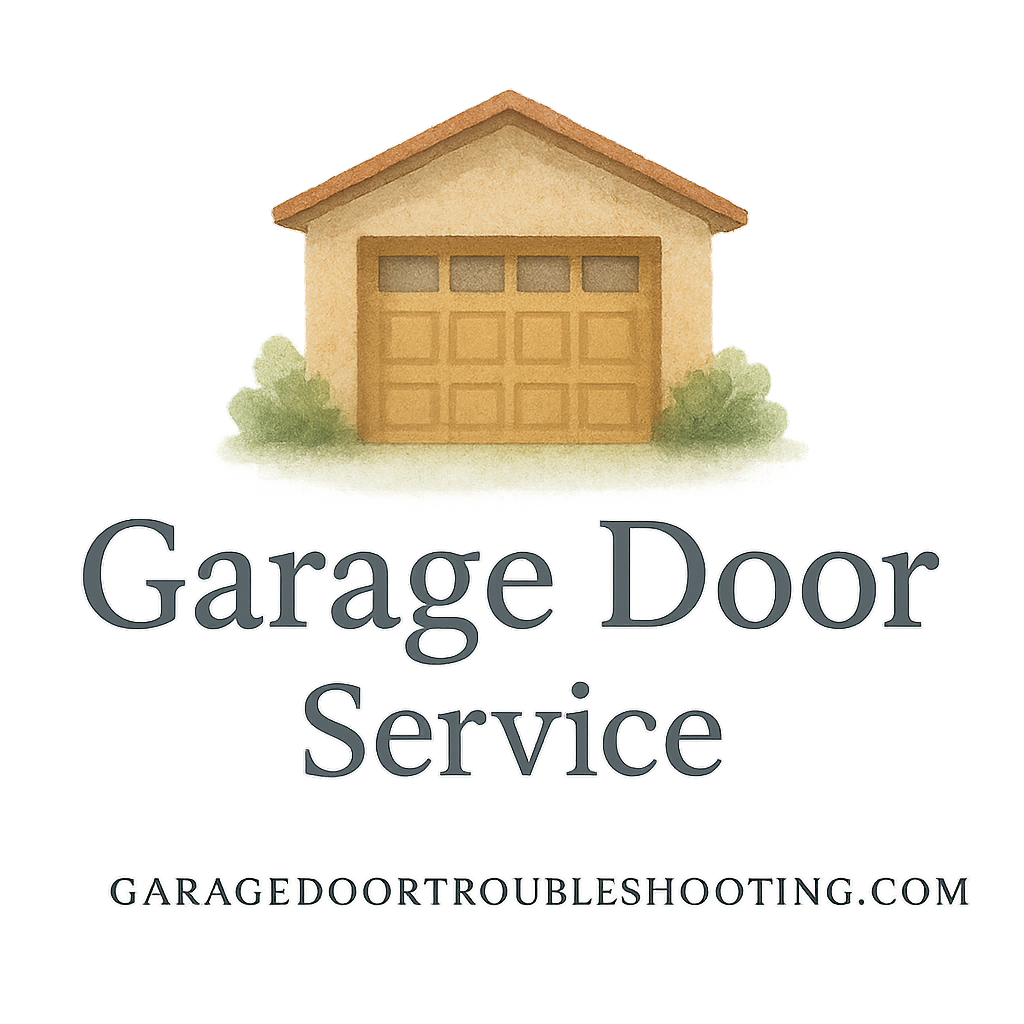Introduction: Why Garage Door Sensors Matter
Your garage door is one of the most used entry points of your home, and its safety sensors are the silent heroes that keep accidents from happening. Without them, your garage door could shut on a child, pet, or even your car. That’s why recognizing when those sensors need attention is absolutely crucial.
Today, we’ll explore the top five signs your sensors need garage door repairs—and trust me, if you catch these early, you’ll save yourself money, stress, and potential danger.
Understanding Garage Door Sensors
How Sensors Work in Your Garage Door System
Garage door sensors are positioned at the bottom of each side of the door, just a few inches above the ground. They work together to create an invisible safety beam. If anything interrupts that beam, the door won’t close—or it may suddenly reverse.
Think of them as your garage door’s “eyes.” If those eyes are damaged, misaligned, or dirty, the entire system struggles.
Common Types of Garage Door Sensors
Not all sensors are the same. Some rely on infrared beams, while others use photoelectric technology. A few modern systems even include motion detection for extra safety. Regardless of the type, all of them share one purpose: preventing accidents and keeping your garage door safe to use.
Sign #1: Your Garage Door Refuses to Close
Safety Mechanism Triggered
One of the most obvious signs your sensors need garage door repairs is when the door refuses to shut completely. Instead, it stays open, leaving your home exposed. This happens because the system thinks something is blocking the way—even if nothing is there.
Obstructions vs. Sensor Malfunction
Before panicking, check for actual obstacles—like toys, tools, or even dust and spiderwebs. If the path is clear, the culprit is likely the sensors themselves. Misalignment, faulty wiring, or sensor failure can all cause this.
👉 Pro tip: If you’re constantly troubleshooting this, check out these garage door repair guides for step-by-step help.
Sign #2: The Garage Door Reverses Unexpectedly
Misalignment Issues
Has your garage door ever started closing only to pop back open again? That’s usually due to sensor misalignment. If one sensor “can’t see” the other, the system believes the path isn’t safe.
Faulty Signal Transmission
Sometimes, it’s not alignment but wiring. Loose or frayed wires can interrupt communication between the sensors and your opener, causing erratic door behavior. This is one of those times when it might be safer to call in garage door services professionals rather than guessing.
Sign #3: Blinking or Flickering Sensor Lights
What Different Light Colors Mean
Most sensors have indicator lights. A steady green light usually means everything’s fine, while blinking or red lights signal trouble.
When Flickering Indicates Repairs
If cleaning and adjusting don’t solve the blinking, you’re likely dealing with damaged sensors or wiring. That’s your cue to consider professional repair. Ignoring flickering lights can lead to complete sensor failure.
For more handy insights, check the garage door maintenance tips section on how to keep your system running smoothly.

Sign #4: Unresponsive or Inconsistent Sensors
Testing Responsiveness Safely
Here’s a quick test: Close your garage door and wave an object in front of the sensors. If the door doesn’t react—or reacts only sometimes—your sensors are in trouble.
Electrical Connection Problems
Unresponsive sensors often point to wiring issues. Wires may be loose, chewed by pests, or corroded over time. That’s when DIY can get risky. A mistake with electrical components can lead to more costly damage—or worse, safety hazards.
Check out this dangerous repairs guide before attempting electrical fixes yourself.
Sign #5: Frequent False Alarms and Stoppages
Sensitivity Issues
If your garage door randomly stops midway or keeps refusing to close even with nothing blocking it, the sensors may have become too sensitive. This is common in older models.
When to Call a Professional
At this stage, you’ll want a professional inspection. A technician can fine-tune sensitivity levels or recommend replacement if your sensors are beyond repair. Choosing the right provider ensures long-term safety and reliability.
Dangers of Ignoring Garage Door Sensor Problems
Risks to Family Safety
Faulty sensors put kids, pets, and even adults at risk. Imagine your door closing on your child’s bike—or worse, your child. That’s why childproof measures always include sensor maintenance.
Potential Property Damage
Beyond safety, ignoring sensor issues can lead to damage to your car, garage door, or stored items. Replacing a dented door costs way more than a quick sensor repair.
DIY Fixes vs. Professional Garage Door Repairs
Simple Troubleshooting Steps
Sometimes, the fix is simple—wipe the lenses, realign the sensors, or check for obstructions. For beginners, the DIY guide can walk you through safe steps.
When Repairs Become Dangerous
If you’re dealing with wiring, opener components, or repeated malfunctions, it’s safer to call in the pros. That’s where professional service makes all the difference.
Preventive Maintenance for Garage Door Sensors
Cleaning and Alignment
A soft cloth, some patience, and an eye for alignment can go a long way. Preventive cleaning should be part of your maintenance plan.
Scheduled Professional Inspections
Annual check-ups by a professional can save you from costly repairs. Plus, they often spot issues you’d never notice until it’s too late.
Choosing the Right Professional for Sensor Repairs
What to Look for in a Service Provider
Look for licensed, insured providers with positive reviews. Local garage door installation advice articles often highlight trusted companies.
Questions to Ask Before Hiring
Ask about warranties, service contracts, and emergency availability. A good service contract ensures ongoing support and peace of mind.
Conclusion: Stay Ahead of Garage Door Sensor Issues
Your garage door sensors are small, but their role in home safety is massive. By recognizing these five key signs your sensors need garage door repairs, you can protect your family, your belongings, and your peace of mind.
Don’t wait for a complete failure—regular care, timely repairs, and trusted professionals keep your garage door reliable for years. For more practical homeowner advice, check out Garage Door Troubleshooting.
FAQs
How often should I check my garage door sensors?
At least once a month. A quick wipe and test can save you from bigger problems down the road.
Can dirty sensors cause the door to stop working?
Yes! Even dust, cobwebs, or moisture can interrupt the signal and prevent your door from closing.
Are all sensor issues repairable, or do they need replacement?
Minor issues like alignment or dirt can be fixed. Severe wiring damage or outdated sensors may require replacement.
How much does garage door sensor repair usually cost?
Repairs typically range from $75–$150, while full sensor replacement can run $150–$250.
Can I realign garage door sensors myself?
Yes, realignment is one of the simplest DIY fixes. But if it doesn’t solve the issue, call a professional.
What’s the lifespan of a garage door sensor?
Most last 10–15 years with proper maintenance.
Is it safe to use my garage door without sensors working?
No. Disabling or ignoring faulty sensors creates a huge safety risk for your family and property.


